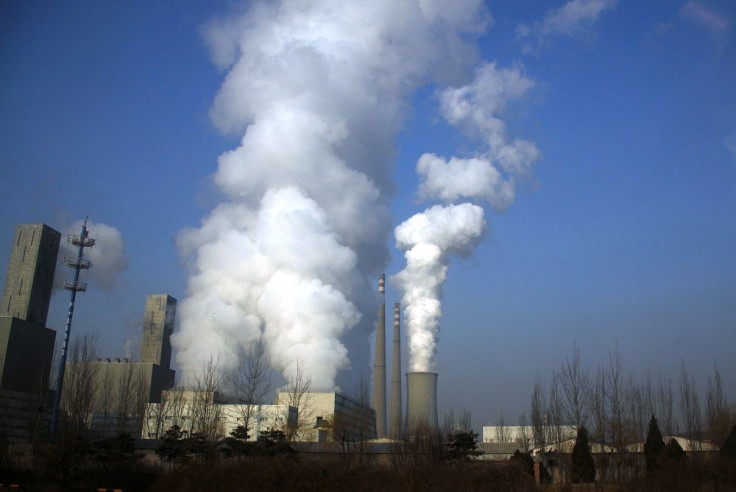World electricity firms: Technologies and stable policies required to reach energy goals

Energy efficiency and technological innovation in the electricity sector are essential to reduce emissions and improve the quality of life of citizens around the world, according to an association of the world’s leading utility firms.
In a report titled Powering Innovation for a Sustainable Future, the Global Sustainable Electricity Partnership outlined future high-tech energy mix that would help nations reduce climate-related carbon dioxide, or CO2, and meet the growing demand for electricity. The report is an outcome of a two-year international consultation process, which is targeted for the upcoming world climate summit or COP21, which will take place in Paris from November 30 until December 11 this year.
“COP21 policymakers are well-positioned to help accelerate the development and deployment worldwide of energy efficiency measures and of innovative technologies with effective policies,” the 11-member association said in the report. They described the outlook for some 50 existing and emerging technologies related to electricity generation, energy storage systems such as grids and batteries as well as use including energy efficiency and lighting.
In an open letter, the group’s top executives urged policymakers to embrace four core principles, which they said are needed to foster the innovation and investment required to meet ambitious climate and energy goals.
First on their list was the establishment of stable, consistent and long-term policies to address critically important energy, legal and regulatory economic development as well as financial and environmental matters. These policies seek to ensure an adequate supply of cleaner and affordable electricity to tackle climate change.
The group also underlined the importance of developing a systemic approach to electricity systems, which takes into account the synergies between the various elements of the electricity value chain. This, according to them, will enable electricity providers to operate the most advanced electricity systems with the goal of providing reliable and sustainable electricity infrastructure.
According to the group, there is also a need to promote and engage in public-private partnerships to foster the development and deployment of new commercially available technologies. They also encouraged policymakers to push innovative research to develop economically viable technologies that will stabilise and reduce greenhouse gas emissions as well as accelerate the efficient generation, delivery and end-use of electricity.
“Together, we are leading the way in the global effort to avoid, and reduce carbon dioxide emissions by optimising technologies in the right mix, amount, time and place,” the executives said. “By systematically optimising and applying the full portfolio of advanced technologies as they become commercially available, we believe that sustainable progress can be made over time to help meet global climate challenges.”
The Global Sustainable Electricity Partnership is composed of 11 utilities from the U.S., Brazil, Canada, Japan, China and Europe. The group jointly delivered about one third of the world’s electricity last year, of which approximately 60 percent was generated with no direct CO2 emissions.
Contact the writer at feedback@ibtimes.com.au or tell us what you think below.






